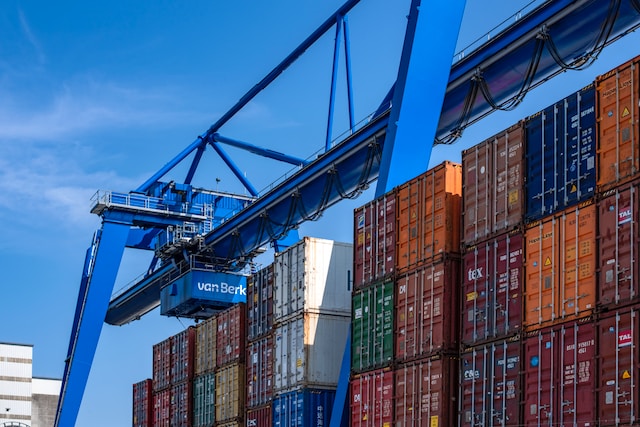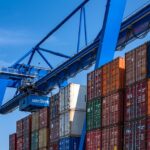How to Investigate Customs Credit of China’s Trading Partners?
Contributed by Ms. Zhao Jing, Hylands Law Firm. For more posts about China Customs Affairs, please click here.
China Customs categorizes enterprises into three types: Advanced Certified Enterprises (Authorized Economic Operators, hereinafter the “AEO enterprises”), discredited enterprises, and General Managed Enterprises.
Customs implements convenient management measures for AEO enterprises. For enterprises involved in severe violations, it will be categorized as discredited enterprises, for which Customs shall apply strict management measures. Other enterprises will be subject to general management measures .
Overseas buyers or sellers can choose AEO enterprises as partners.
I. How can Chinese enterprises obtain AEO certification?
China Customs certifies the applicant enterprises according to the Standards for Advanced Certified Enterprises Authorized by the Customs (hereinafter the “Standards”, 海关高级认证企业标准). Enterprises that pass the certification can become AEO enterprises.
The Standards are in line with the Framework of Standards to Secure and Facilitate Global Trade established by World Customs Organization (WCO) and include “General Standards” and “Single Standards” developed for different types of enterprises and business scope. The “General Standards” cover four major categories, including internal control, financial status, compliance norms, and trade security, totaling 16 items. The “Single Standards” include ten enterprise types with 32 requirements.
II. Why do Chinese enterprises need to obtain AEO certification?
AEO enterprises not only enjoy convenient customs clearance conditions in China but also receive the same treatment in countries with mutual recognition agreements.
For instance, they can enjoy:
(1) lower document review rates;
(2) lower inspection rates for imported goods;
(3) priority inspection for goods requiring physical examination;
(4) designation of a customs liaison officer responsible for communicating and handling issues encountered by AEO enterprises during customs clearance; and
(5) priority clearance following disruptions to international trade (due to increased security levels, border closures, natural disasters, emergencies, or other significant incidents) and its recovery.
As of February 2023, China has signed AEO mutual recognition agreements with 24 economies and 50 countries and regions, ranking first in the world. The countries and regions that have mutual recognition with China include Singapore, South Korea, China Hong Kong, 27 European Union (EU) member states, the United Kingdom, Switzerland, New Zealand, Israel, Japan, Belarus, Chile, Australia, Kazakhstan, Mongolia, Uruguay, the UAE, Serbia, Uganda, South Africa, Brazil, Iran, Russia, the Philippines, and China Macau.
III. How to verify whether a Chinese partner is an AEO enterprise?
You can click the following link on the official website of China Customs to verify:
http://credit.customs.gov.cn/ccppwebserver/pages/ccpp/html/ccppindex.html
We can also assist you in conducting the verification and providing due diligence reports upon request.
Contributor: Zhao Jing
Agency/Firm: Hylands Law Firm
Position/Title: Partner

Photo by Lucas van Oort on Unsplash







